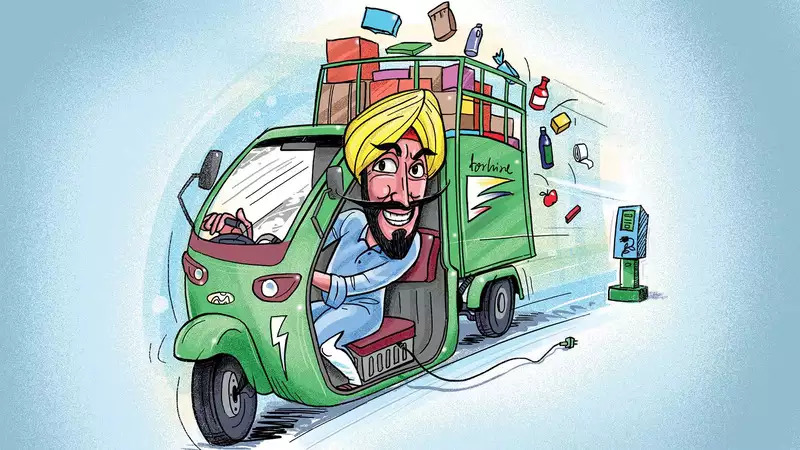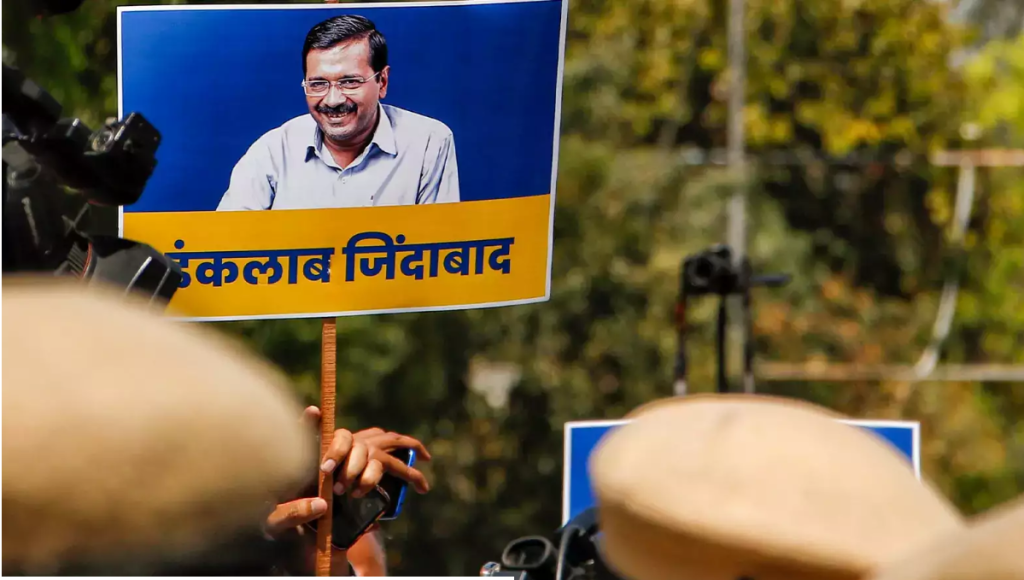Economic historian Douglas North once observed that countries that reformed successfully rarely followed the exact path chalked out by their reformist visionaries.
Typically they ran into unexpected obstacles, made various blunders and suffered from unintended consequences of their actions.
But they also benefited from unanticipated and unplanned benefits flowing from their actions. Provided they moved roughly in the right direction, the unanticipated benefits outweighed unanticipated problems, and yielded success.
This success represented neither great vision nor great luck. It represented a sort of successful sleep-walk, the attainment of your goal without being fully conscious of what you were doing.
This seems to me a pretty good description of our current privatisation process. Many pronouncements were made and withdrawn on this issue in the last decade.
Privatisation attempts were so often been sabotaged or botched that many experts stopped hoping for change. Merchant bankers, supposedly the shrewdest of investors, complained that they had been lured into buying public sector shares again and again in the hope of privatisation and then left stranded.
Many readers of this newspaper probably suffered a similar fate. Disinvestment minister Arun Shourie induced amused smiles rather than cheers when he insisted that privatisation was on track.
Everything has changed after this weeks privatisation of IBP (an oil distribution company) and VSNL (which has an about-to-expire monopoly on international telephone calls).
Suddenly people believe that privatisation is here to stay. The shares of all public sector shares have shot up, and I suspect they will continue to rise in coming months. What used to be called a do-nothing government suddenly looks like a do-something government.
Ironically, this sea change has been achieved not by a well-executed visionary privatisation plan, but by a saga of bungles, unanticipated problems and unanticipated benefits. A veritable sleep-walk to success.
After coming to power in 1998, the BJPs attempts to privatise were sabotaged repeatedly by ministers within the ruling coalition, and by BJP labour leaders like Dattopant Thengadi.
Many ministers had spent decades in the political wilderness, and now wanted to enjoy the patronage and kickback networks represented by PSUs. So, between 1998 and 2000 the government managed to privatise only one tiny bakery, Modern Foods.
The year 2001 looked more promising with BALCO on the auction block. But the only serious bidder came under a cloud for shady stock market deals.
The Chattisgarh government alleged corruption and challenged the privatisation in court. Many concluded that privatisation was too hot a political potato to be viable.
Bad news accumulated in related areas. The auctions for Air India and Indian Airlines had to be abandoned for want of bidders. The auction of Hindustan Zinc failed since no bidder came up to the reserve price. Many public sector hotels failed to attract bids.
So many politicos concluded that privatisation was simply not politically do-able. They doubted that the privatisation of IBP and VSNL would go through. Surely, they said, it would be blocked using some excuse, as in the past.
But this weeks auction not only went through, it fetched very good prices. IBP fetched a whopping Rs 1,153 per share, almost four times the reserve price. VSNL went for Rs 202, a good premium over the going market rate.
Suddenly privatisation of more PSUs looks not only possible but unstoppable. The whole mood has changed. Investors are going crazy for shares of PSUs like HPCL, BPCL, Neyveli Lignite and many others on the short list for privatisation. Market prices are going through the roof.
Yet purists will object that the privatisation of IBP is not a success at all, but a saga of bungles and unintended consequences. Because of the paucity of bidders for earlier PSU auctions, three public sector oil companies—IOC, BPCL and HPCL were encouraged to bid for IBP.
They were seen a supporting actors to the real stars. What nobody anticipated was that IOC would outbid the biggest multinationals and private sector giants. It twice as much as the next highest bidder, Shell.
One news report says petroleum minister Ram Naik pressured IOC to virtually double its initial bid in order to keep IBP with his patronage network. IOC denies this, of course, and says it bid entirely on merits.
But in that case its competence must be in question: it bid an absurdly high rate, four times the reserve price. Huge public funds—that is what IOC reserves really are—will be squandered in the mandatory buy-out of minority shareholders of IBP at the sky-high price of Rs 1,153.
Purists will argue that this was a fiasco, not a success. If ownership goes from one government entity to another, it is not privatisation. Nor does it represent a reduction of the true fiscal deficit.
Indeed, the buy-out of minority IBP holdings will emptying public sector pockets. The aim was to privatise and get a fiscal inflow. The reality is an unintended fiscal outgo for unintended nationalisation of minority IBP holdings.
Yet the whole process is being hailed widely as a huge success, because it has suffered none of the ills of past auctions. Nobody can claim that the IBP sale price is too low. Nobody can claim that the auction was rigged to favour the winner.
Maybe IOC was incompetent in bidding so much, but such public sector profligacy has never been regarded as a scandal. Indeed, it has been used to keep IOC out of future auctions.
This is why privatisation suddenly looks like an idea whose time has come. This has happened in a wildly improbable manner. Nobody could have dreamed that privatisation in India would finally take off after one PSU acquired another.
Yet that has been the unintended consequence of the IBP auction. Its unintended benefits have outweighed its unintended bungles. Very much the sort of thing Douglas North had predicted.




